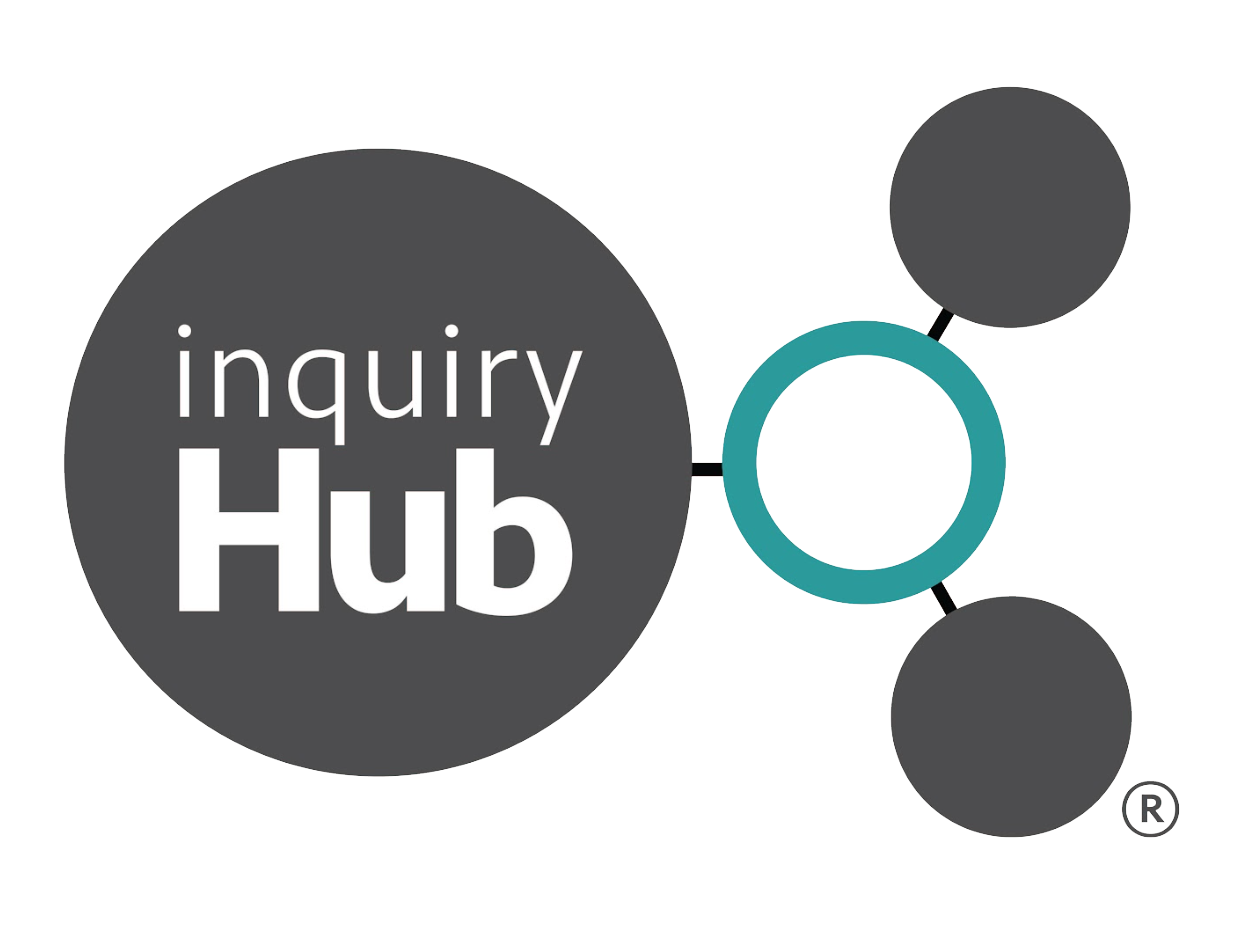Already have an account? LOG IN →
Curriculum Offerings
inquiryHub high school and middle school curricula, guided by the Next Generation Science Standards (NGSS) and STEM standards in computer science and AI education, uses research-based approaches to teach science in a deeply digital environment, where students apply science and engineering ideas and practices to explain phenomena and solve problems.
inquiryHub curricula, such as those we developed as part of the Developers’ Consortium for OpenSciEd, are designed to go beyond traditional science content. By focusing on phenomena relevant to students' lives and communities, the courses provide opportunities to authentically engage with science and engineering practices. The combination of community science, technology, and a focus on science and engineering practices has been shown to help students feel more like scientists, including the belief that their ability to do science can make a difference in their world (Bang & Medin, 2010; Calabrese Barton & Tan, 2010; Roth & Lee, 2003; Tzou & Bell, 2010).
Our Curriculum Offerings
OpenSciEd High School Science Curriculum
The inquiryHub team led the development of courses in three- Biology, Chemistry, and Physics with Earth and space science integrated into each course. Featuring storyline instructional models and exciting new anchors, the units were selected using interest data from students. Additionally, all materials were field tested in more than 300 schools across the country to ensure they meet high standards for student engagement and learning. Through a collaboration with the Learning in Places Collaborative, we have integrated ethical decision making into phenomena and design challenges. Additionally, an integral component of the development process has been external validation of alignment to the NGSS by NextGenScience’s Science Peer Review Panel using the EQuIP rubric and reviews by educators who are part of Science Educators for Equity, Diversity, and Social Justice.
Create a one-time account to access our full library of curriculum materials.
While slide decks and resources from the curriculum and professional learning materials are free and available for anyone to use, they are most effective when used with a trained facilitator.
SchoolWide Labs Curriculum
The SchoolWide Labs unit materials focus on high-quality computational thinking for STEM learning in grades 3-8. The materials are anchored in phenomena, aligned to CSTA, ISTE, AI4K12, and NGSS standards. Students use programmable sensors to make sense of the world and design solutions to personally meaningful problems.
Create a one-time account to access our full library of curriculum materials.
While slide decks and resources from the curriculum and professional learning materials are free and available for anyone to use, they are most effective when used with a trained facilitator.
AI in Education Curriculum
Stay tuned for units related to how computers sense the world, self-driving cars, and how AI and human beings can partner to moderate online communities. To access when these are available, sign up for our newsletter.
Create a one-time account to access our full library of curriculum materials.
While slide decks and resources from the curriculum and professional learning materials are free and available for anyone to use, they are most effective when used with a trained facilitator.








